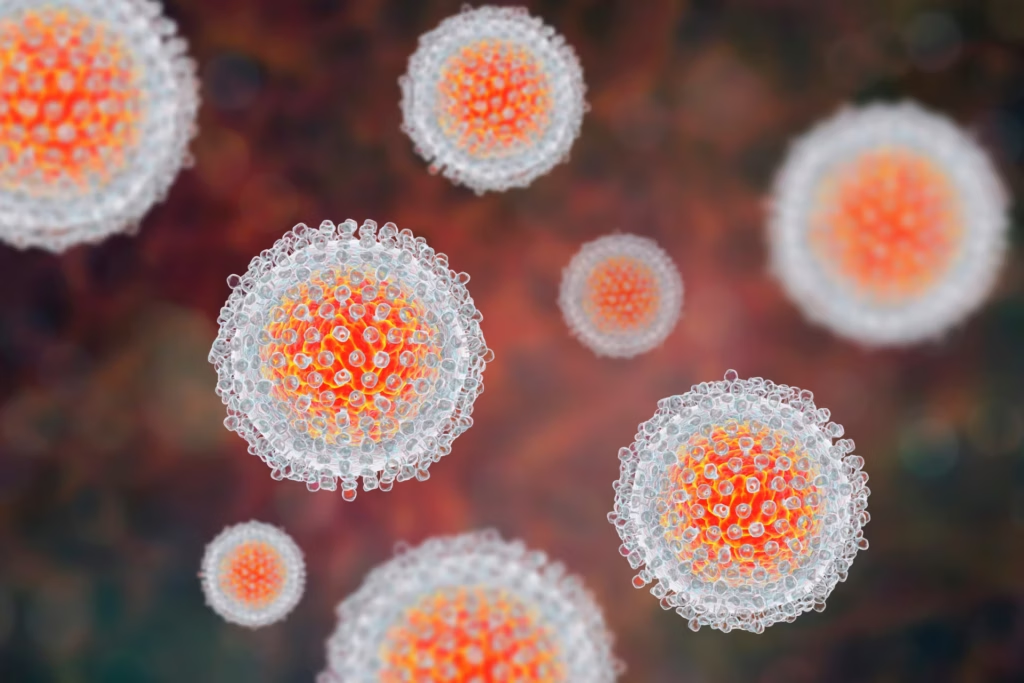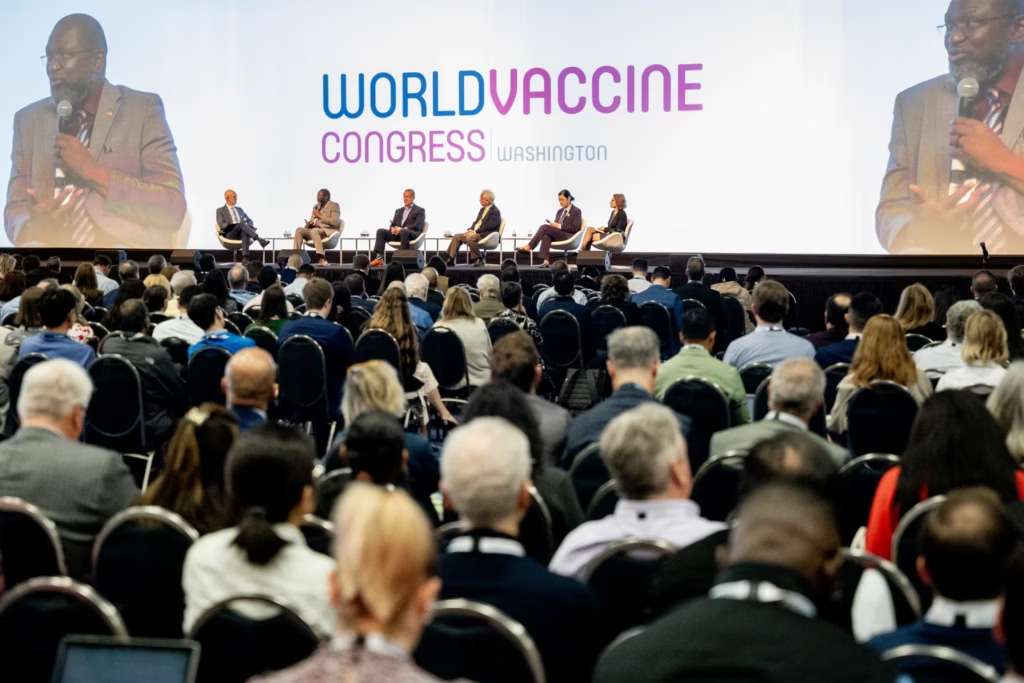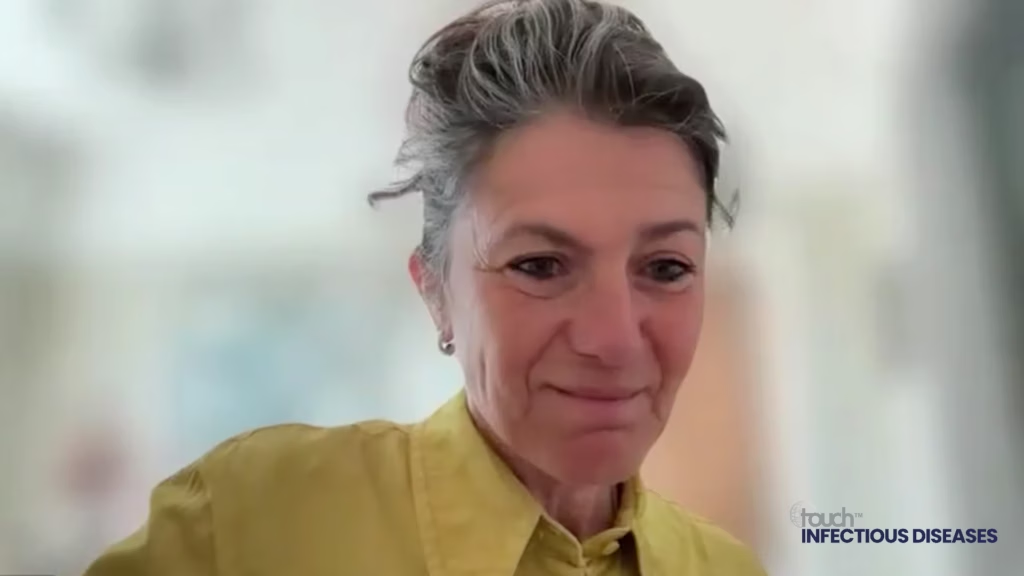touchLearning Activities
Education, Conference Coverage and Articles

The International AIDS Society Conference 2025 (IAS 2025) brought together global leaders in HIV science, policy, and community advocacy against a backdrop of funding crises and scientific breakthroughs. In Kigali, Rwanda, one theme rang clear: innovation alone isn’t enough. Delivery, access, and equity must catch up with the science. We spoke with leading experts and advocates to ask: What single development at IAS 2025 will have the greatest impact on HIV prevention or care going forward? Their answers capture the momentum, and the challenges, that will shape the next era of the global HIV response.

Onychomycosis is one of the most common nail conditions seen in clinical practice, yet diagnosis is often uncertain and treatment failures are frustratingly common. In this episode, Dr Shari Lipner shares practical updates on smarter diagnostics, existing & emerging therapies, and what we need to know about how to manage this condition today and in the future.

Mitchell Warren discusses insights from the IAS 2025 session, “Re-imagining prevention: Planning for sustainable PrEP access in the new funding context”, highlighting the most pressing global HIV prevention priorities, the promise of long-acting pre-exposure prophylaxis (PrEP) technologies, and the need for urgent, equity-focused investment, especially amid uncertain funding landscapes.

Prof. Kenneth Mayer discusses promising Phase 2 results for MK‑8527, a once-monthly oral PrEP candidate. He highlights its favourable safety profile, potential to improve adherence, and how upcoming Phase 3 trials could shape the future of HIV prevention across diverse global populations.

In this interview, Dr Katherine Gill discusses key findings from the phase III PURPOSE 1 and 2 trials, which evaluated twice-yearly injectable lenacapavir for HIV prevention in adolescents and young people. She highlights the drug’s efficacy, safety, and pharmacokinetics, as well as its potential to overcome adherence challenges associated with daily oral PrEP and its integration into youth-focused HIV prevention programmes.

Dr Clarissa Melo Czekster is a rising star in the field of enzymology and bacterial pathogenesis. In this Q&A, she reflects on her early inspirations, key mentors, and the molecular curiosity that drives her work in infectious diseases. From childhood experiments to developing novel antibiofilm tools, her career blends biochemical precision with a passion for collaborative science.

"Even with intensive support, short-cycle therapy did not match the effectiveness of daily treatment in adolescents." - Dr Adeodata R. Kekitiinwa Short-cycle therapy (SCT) has previously shown promise in maintaining viral suppression among young people living with HIV. In ...

A resident of northern Arizona, USA, has died after contracting pneumonic plague, a rare but highly serious form of the disease caused by the bacterium Yersinia pestis, according to a statement from the Coconino County Health and Human Services (CCHHS). This is the first confirmed plague-related fatality in the county in several years and has prompted increased public health monitoring and community awareness efforts.

Despite the availability of curative therapies, hepatitis C virus (HCV) remains a global health challenge.
In this Q&A, you will learn:
- Current HCV treatment standards and remaining barriers to universal access.
- Practical strategies to support adherence and follow-up in underserved groups.
- Key considerations when treating patients with HIV co-infection or cirrhosis.
- The importance of prevention and the role of vaccines in future HCV control.

Physician burnout is at a critical point. In this episode, Nicky speaks with Dr Alfred Atanda about why so many physicians are burning out and what can be done to change the trend. From personal experience to system-wide solutions, Dr Atanda shares valuable insights on improving physician well-being and building a more effective healthcare culture.

We are delighted to welcome Dr Dariusz Hareza to the touchINFECTIOUS DISEASES Editorial Board. Dr Hareza is an Assistant Professor of Medicine (Infectious Diseases) at Northwestern University Feinberg School of Medicine, Chicago, IL, USA. He brings to the board a ...

The US Food and Drug Administration (FDA) has expanded the indication of the pangenotypic direct-acting antiviral (DAA) combination, glecaprevir/pibrentasvir (Mavyret®; AbbVie Inc., North Chicago, IL, USA), to include the treatment of acute hepatitis C virus (HCV) infection in adults ...

The World Vaccine Congress Washington 2025, 21-24 April 2025, delivered another landmark year, bringing together more than 4,000 global stakeholders from biotechnology, pharmaceuticals, government, academia and the broader global health ecosystem. The event reinforced its standing as an influential and collaborative forum in ...

We are delighted to announce that Dr. Ikechukwu Benjamin Moses has joined the touchINFECTIOUS DISEASES Editorial Board! “I strongly believe that this platform will greatly contribute in promoting science to a broader audience with strong societal impact.” Dr Moses brings ...

The ESCMID Global Congress 2025 brought together world-leading researchers and clinicians to present practice-changing updates in infectious disease management. This article distils five critical insights from interviews and landmark trial results, covering innovations in antimicrobial therapy, fungal infections, resistance surveillance and ...

The RIO study tested whether broadly neutralizing antibodies could safely replace daily HIV therapy. In a rigorously designed trial, 75% of participants maintained viral suppression for 20 weeks after stopping antiretrovirals. The findings mark a pivotal step toward potential HIV remission and more flexible treatment strategies.

 touchINFECTIOUS DISEASES
touchINFECTIOUS DISEASES
Register Now!
Explore the latest in medical education and stay current in your field. Create a free account to track your learning.
- Save your progress for video
- Keep track of your CME credits
- Add personalised learning notes
- Receive updates from course leaders and faculty
- Be the first to hear about new and exciting interactive learning opportunities
Latest articles videos and clinical updates - straight to your inbox
Log into your Touch Account
Earn and track your CME credits on the go, save articles for later, and follow the latest congress coverage.
Register now for FREE Access
Register for free to hear about the latest expert-led education, peer-reviewed articles, conference highlights, and innovative CME activities.
Sign up with an Email
Or use a Social Account.
This Functionality is for
Members Only
Explore the latest in medical education and stay current in your field. Create a free account to track your learning.


